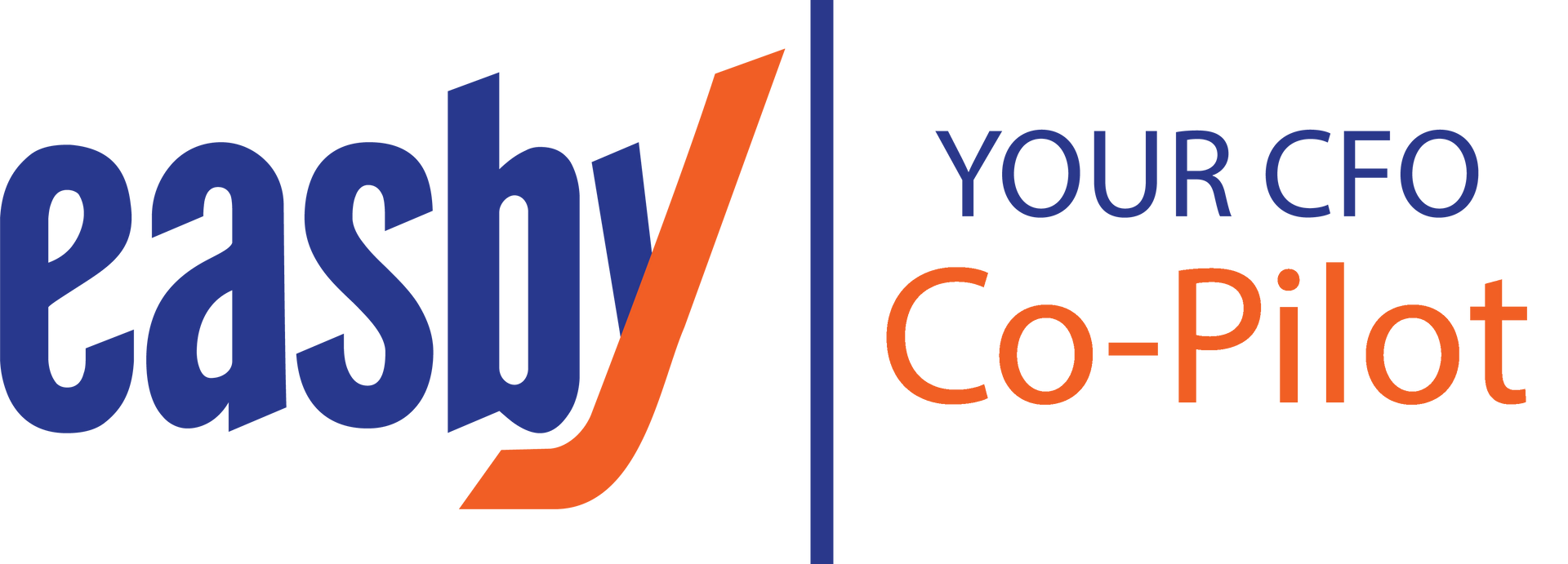Get to Know Our New Solutions Providers
Share this article:
Rose Report: Issue 37
 RFS is pleased to announce the addition of our three new Solutions Providers, C. Joseph “Joe” Thomas, Jr., Adrienne Lewis and Karen Long
RFS is pleased to announce the addition of our three new Solutions Providers, C. Joseph “Joe” Thomas, Jr., Adrienne Lewis and Karen Long
At Rose Financial Solutions (RFS), our focus is on helping our clients succeed in their missions. That’s why we take a holistic approach to their finance, accounting, compliance and human resource needs. By partnering with strategic, industry-leading professionals, we deliver our clients with a full suite of solutions that help them elevate their businesses to the next level.
“The goal of our RFS Solutions Provider Program is to widen the availability of our finance, accounting, and HR solutions to business leaders seeking to achieve more with financial confidence,” said Ted Rose, president, CEO and founder of RFS. “Mr. Thomas, Ms. Lewis and Ms. Long have deep knowledge and expertise in their industries, and we are excited that they are part of the RFS team.”
 Meet C. Joseph “Joe” Thomas, Jr.— CFO, St. Louis
Meet C. Joseph “Joe” Thomas, Jr.— CFO, St. Louis
C. Joseph Thomas, Jr. is a finance executive with expertise in both public and private corporate financing, bank relations, cash management, financial analysis, negotiations, foreign exchange, SOX compliance, acquisitions, credit and collections, and employee benefits. With more than 20 years of experience, Mr. Thomas has a proven track record of identifying, analyzing, and resolving important business issues. He possesses exceptional analytical, organizational, and managerial skills that enable him to creatively communicate ideas to achieve company objectives. His background includes extensive leadership experience in billing and collections, treasury operations, and corporate credit operations.
Mr. Thomas is the Managing Partner and Founder of CJ Thomas Consulting, LLC in Saint Louis, MO. Prior to founding CJ Thomas Consulting, he served as the Chief Financial Officer and Chief Treasury Officer of CTSI-Global, where he was responsible for cash management, reporting bank relations, insurance matters, and credit. Prior to CTSI-Global, Mr. Thomas was the Manager Financial Operations-Credit and Collections for CenturyLink Inc.
Mr. Thomas graduated from Missouri State University with a B.S. in Finance.
Meet Adrienne Lewis – Senior HR Consultant
Adrienne Lewis is a human resources (HR) professional who leverages her HR and business expertise to drive organizational efficiency, compliance and operational excellence. With more than 25 years of experience, Ms. Lewis has demonstrated success analyzing a business’s precise HR needs and delivering solutions that improve quality, performance, communication, morale and productivity. Her areas of expertise include assessments, compliance, talent acquisition, line management, staff retention, management training, policies and process development, benefits, executive coaching and performance management.
Ms. Lewis is the owner and managing partner of the Lewis Consulting Group and has held senior management positions at companies in the commercial, government contracting and association sectors. Prior to founding LCG, she was VP, Business Operations at Personify Corp. where she managed all internal corporate business functions including human resources, administration, the PMO office and facilities.
Ms. Lewis earned a B.A. degree in Speech Communication with a concentration in Rhetoric from the City University of NY (Brooklyn College) and an M.A. in Business Communications (Organizational Development) from the University of Maryland.
 Meet Karen Long, MS, MBA, CFCM—Contract Management Consultant
Meet Karen Long, MS, MBA, CFCM—Contract Management Consultant
Karen Long is a federal government contracts expert with over 15 years of experience in government contracting for small- and mid-sized companies. From pre-RFP to close-out, Ms. Long’s expertise spans the entire contract process. This includes reviewing RFPs; pricing; negotiating non-disclosure and teaming agreements; subcontracts; financially and contractually managing contracts; preparing estimates of completion; and completing close outs.
Ms. Long is the Founder and President of Streamline Government Contracts, LLC. Prior to founding Streamline Government Contracts, she served as the Contracts Manager for Advanced Technologies and Laboratories International Inc., where she reviewed and negotiated subcontracts, reviewed and signed non-disclosure agreements, reviewed contractual monthly reports from a funding perspective, and acted as liaison between the accounting department and project managers. Prior to working for Advanced Technologies and Laboratories International Inc., she was the Sr. Contracts/Financial Analyst for Sabre Systems, Inc.
Ms. Long currently serves as a government contracting subject matter expert for Industry Newsletter. She earned a B.S. degree in Education from the University of Connecticut, an M.S. in Management on the Procurement and Contracts Management track, and an MBA from the University of Maryland University College. In addition, she is a Certified Federal Contracts Manager.
Contact us for more information on our RFS Solutions Provider Program.
Visit Us On:





